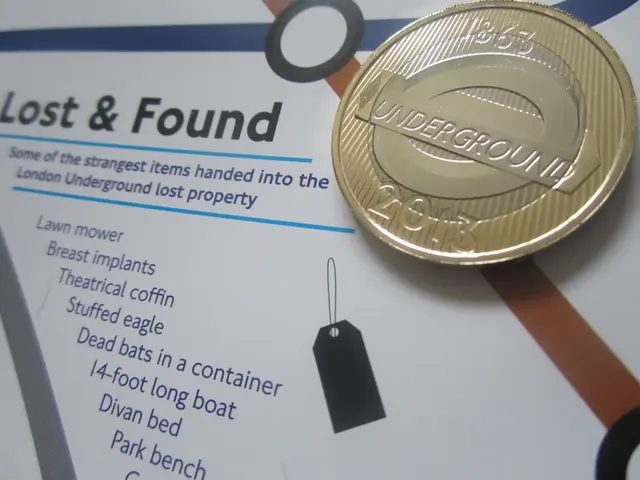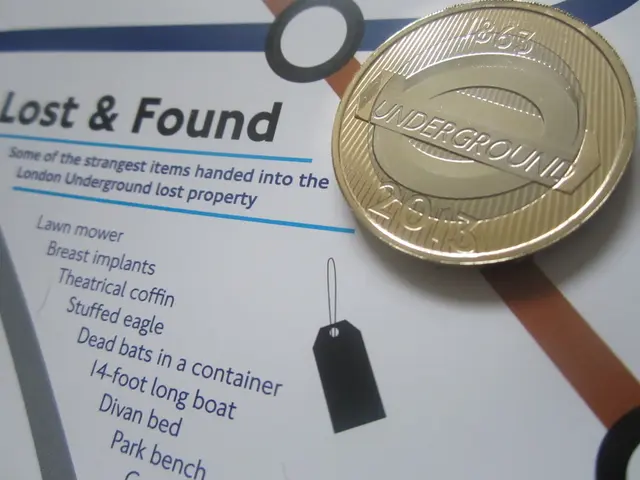EU Steers Stock Market Sustainability: New Guidelines for ETFs
Sustainable investing ain't no walk in the park lately, mate. These eco-friendly, socially conscious funds are taking a beating due to some new regulations in the EU. Here's the lowdown on what's going down and how it affects you, the investor.
Most large investors, according to a recent survey by Union Investment, are considering sustainability criteria when making decisions. Yet, analysts are warning of headwinds against these green investments. The main culprit? Changes in EU regulations. It's a confusing time, but let's break it down.
First off, there are new anti-greenwashing rules by ESMA that'll go into effect in May 2025. Funds using sustainability-related terms like "ESG" or "sustainable" in their names now gotta ensure at least 80% of their investments align with the ESG objectives they advertise. Some fund managers have been poncing about this by removing terms like “ESG” and “sustainable” from their fund names to dodge the stricter requirements, even if they're still investing in fossil fuels or less sustainable activities.
Next up, the Sustainable Finance Disclosure Regulation (SFDR) is moving from a reporting-based system to a more binding classification-based system, effective late in 2025. This change means that even funds with light ESG integration will be subject to strict, binding sustainability criteria. A draft proposal to amend SFDR is expected by the end of 2025, aiming to enhance transparency and standardization of sustainability disclosures and reduce greenwashing risks.
ESMA's review found flaws in how sustainability risks are integrated and disclosed by fund managers, with lapses identified in entity-level and product-level SFDR disclosures. National supervisors have been taking steps to correct breaches, emphasizing that stronger enforcement and clearer reporting standards are essential.
The Corporate Sustainability Reporting Directive (CSRD) and Corporate Sustainability Due Diligence Directive (CSDDD) updates are scheduled to streamline reporting for large companies, which are often investees of sustainable funds. The threshold for CSRD reporting has been raised to companies with 1,000 employees and €450 million net turnover, affecting smaller firms.
All these changes mean that investors now face clearer requirements preventing misleading sustainability claims, but the renaming strategies by funds may require more diligence to distinguish genuinely sustainable investments. Investors will also need to adjust to the shift to a classification-based system under SFDR, which may cause some confusion during the transition period.
Despite the challenges, enhanced supervisory oversight will help improve investment disclosures, enabling investors to assess sustainability risks more accurately. And even though the temporary narrowing of CSRD scope temporarily limits the availability of sustainability data on smaller companies, it aligns reporting with larger companies, potentially increasing the quality and comparability of sustainability information over time.
So, there you have it. Despite some increased complexity in sustainable investing, strides are being made to strengthen the credibility and integrity of sustainable investment funds in the EU and protect investors from greenwashing. But as always, vigilance is key, mate!
In light of the impending changes, such as the anti-greenwashing rules by ESMA and the shift from a reporting-based system to a classification-based system under SFDR, investors may need to exercise additional diligence to distinguish genuinely sustainable investments from those using misleading terms. Additionally, the increased enforcement and clearer reporting standards aim to improve the credibility and integrity of sustainable investment funds, offering investors a more accurate assessment of sustainability risks.








